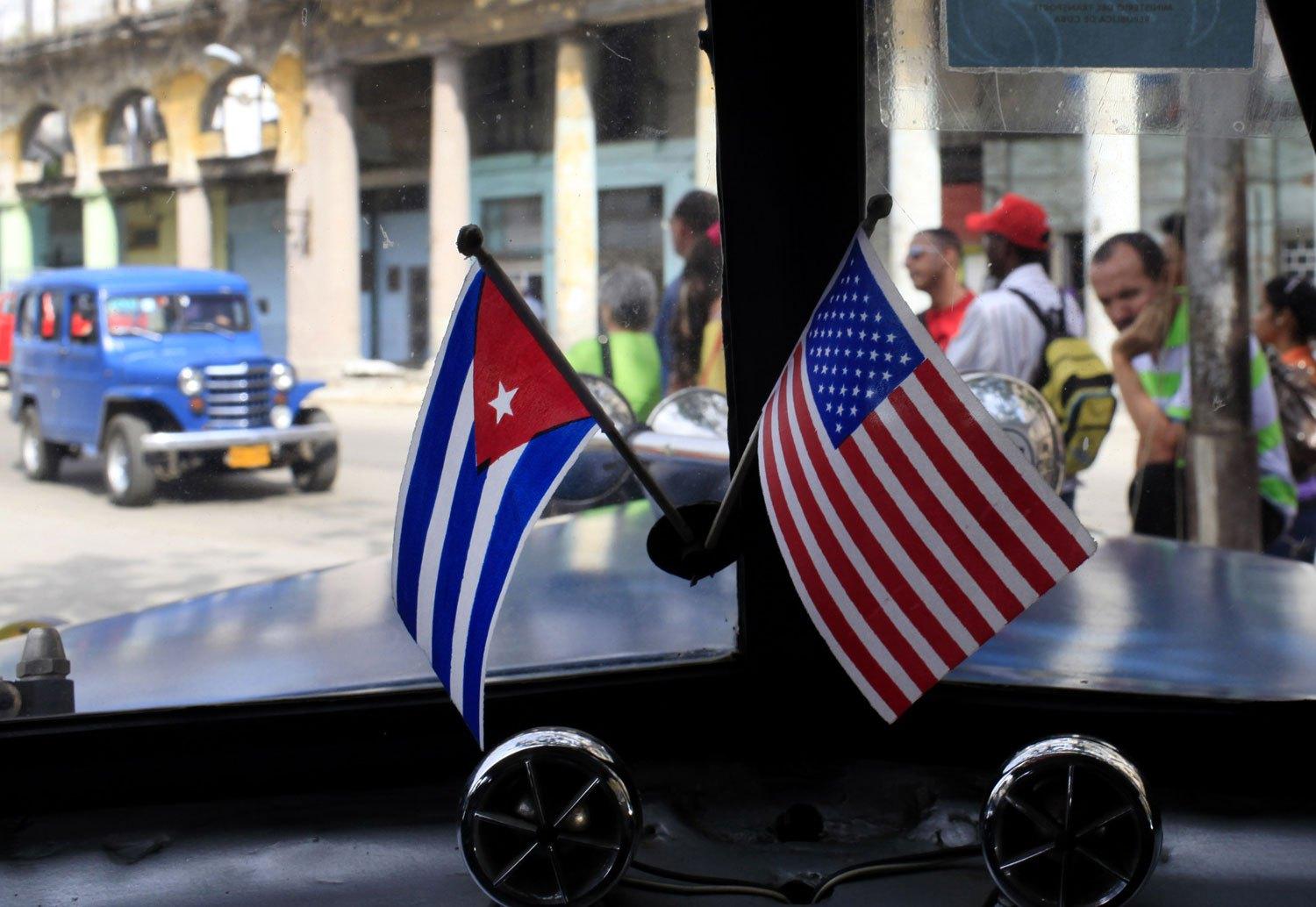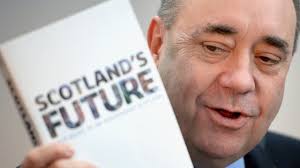The official reopening of embassies in Havana and Washington on July 1, 2015, is the most dramatic symbol of renewed trust and understanding between these Cold War adversaries. After 54 years of frozen diplomacy, both sides have slowly begun to reconcile their differences and explore prospects for collaboration.
Cuba has much to gain from these developments in its already robust tourism industry, as revenue is expected to double once restrictions on American tourists to Cuba are removed. Both countries have a mutual interest in cooperation on issues such as migration, environmental protection, law enforcement, and transportation. In a country where only 5% of the population has access to the Internet, Cuba can possibly benefit from U.S. assistance in modernizing its telecommunications industry. Newly restored relations are also expected to bring forth opportunities for the U.S. to engage in direct investments and joint ventures in Cuba. This is especially true with industries such as agriculture, where a potential partnership could be worth up to $1.1 billion for America’s farmers.
While many positives are in the offing, the road to full normalization of relations is long and winding. Healthy diplomatic relations will not be completely realized in the near future, as several points of contention remain for the two countries.
The most pressing and difficult issue is America’s economic embargo against Cuba, which has been in place since 1960. While many stipulations of the embargo have been modified over the years, strict restrictions against travel and trade remain. Cuba is therefore missing out on several lucrative and politically important dealings with its neighbour to the north. President Obama called on Congress to lift the embargo when he announced the reopening of embassies, but it is currently unclear whether Congress will oblige.
Both countries have expressed certain demands that must be addressed before diplomatic ties can be restored in good faith. Cuba insists upon the return of Guantánamo Bay, which has been leased to the U.S. since 1903 as part of a treaty that granted Cuba its sovereignty following the Spanish-American War. While Obama, to the chagrin of many in Congress, has spoken of closing detention facilities at Guantánamo since assuming office, he has not initiated any discussion to renegotiate the terms of the treaty and currently has no intention to do so.
The U.S., in turn, has sought several concessions from Cuba pertaining to human rights and democratic reform. Cuba, however, has repeatedly stated that it does not intend to change the country’s one-party system and will not tolerate any American interference in its internal affairs.
Additionally, both the U.S and Cuba have called for economic reparations for damages that occurred as a result of the Cuban Revolution in the late 1950s and the severing of diplomatic ties in 1961, respectively. At present, claims from American individuals and corporations who allege that property was confiscated during the revolution total more than $6 billion.
While resolving these property claims will be difficult due to the amount of time that has passed, this is considered politically imperative for the American government as it considers lifting the embargo on Cuba. Addressing these claims may also benefit Cuba, as it will increase the level of trust foreign investors will have in the country and eventually serve to boost the local economy.
Similarly, Havana has issued claims against Washington, stating that the U.S. embargo has caused profound and irreparable economic losses amounting to roughly $157 billion dollars over the past 50 years. The Cuban government is also likely to demand compensation for damages, deaths, and injuries that occurred during alleged acts of terrorism, and call for the return of an estimated $270 million worth of Cuban assets that have been frozen in the American banking system since the revolution.
For this contentious relationship to move forward, the two countries do not necessarily need to agree on everything. All that is needed is a level of respect and a willingness to listen to the other’s grievances. Full normalization of relations may not be realized for years to come, but the progress the two countries have made just by opening the door to discussion is remarkable. With these small, yet significant, advancements, it is easy to be cautiously optimistic for the future of U.S.-Cuba relations.




